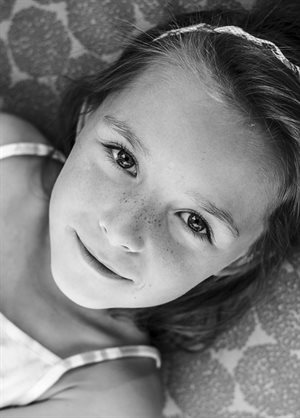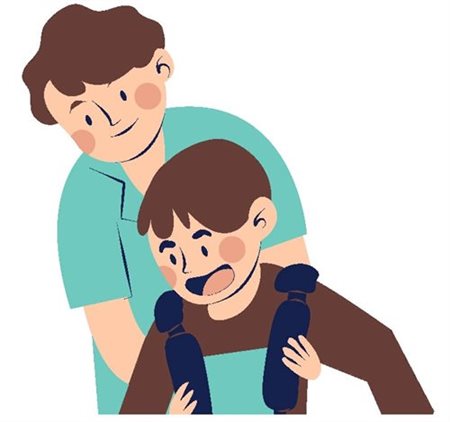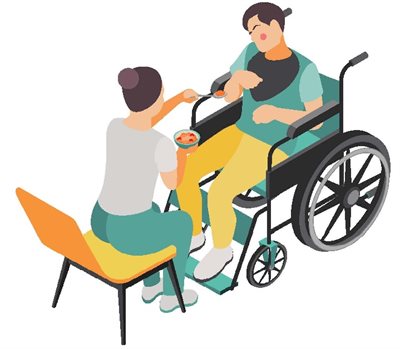
Foster care is a form of family-based alternative care which has a history in Bulgaria dating as far back as the mid-1930s (Tsaneva, E. and Basheva, H., 2019). As a result of the introduction of a legal framework for foster care, (Kriviradeva, B., 2014) and the care reforms which have emerged due to the de-institutionalisation policy, the development of foster care has gained momentum in the last 20 years in particular (ERRC, 2021). Foster care is defined by the Bulgarian Child Protection Act (2020) as the “…raising and educating of a child in a family environment who is placed into a family of its relatives or into a foster family” (Radulova, S., 2021).
Statistics on the placement of children in family-based and family-type care show that children with disabilities face limited opportunities for accessing foster care (Kachaunova et al., 2021). In Bulgaria, the trend exists that residential care is the preferred form of alternative care placement for children with disabilities who are separated from parental care. However, in some areas across the country, children with disabilities are being placed in foster care with successful outcomes.
A qualitative research study conducted by Sarah Todorov, a Post-doctoral Research Fellow at the University of Birmingham, UK, looked at the existing practices of foster care for children with disabilities in Bulgaria by researching the experiences of foster parents who have cared for children with disabilities. The study asked the following questions:
 How do foster parents experience caring for children with disabilities in Bulgaria?
How do foster parents experience caring for children with disabilities in Bulgaria?- How do foster parents’ experiences inform suggestions for changes to services and practices in foster care for children with disabilities in Bulgaria?
By better understanding the experiences of foster parents with ‘lived experience’ of fostering children with disabilities, the strengths of the foster care system and the challenges are brought to light. Findings from the study point towards evidence-based actions for the improvement and development of foster care for children with disabilities with regard to training and support of foster parents.
Findings from the study point towards three areas which enable a better understanding of the reality of fostering children with disabilities:
- The personal impact that fostering has on the foster parent, which is both positive and negative;
- The experience of navigating relationships and services related to their role;
- The expertise and commitment to children that foster parents demonstrate.

These findings shed light on: i) the valuable contributions foster parents are making to de-institutionalisation; ii) foster parents’ training and support needs; iii) misconceptions about the role of foster parents and social workers in the practice of foster care; and iv) foster parents’ motivation to foster children with disabilities.
The findings are important for the development of practice relating to foster parents and social workers supervising foster care in Bulgaria. The experiences of participants in this study demonstrate some aspects which are unique to the experience of fostering children with disabilities, and others which are shared by many foster parents due to the nature of the role (e.g. the difficulty of separating from foster children and the resulting personal emotional impact). In addition, these findings have relevance beyond the scope of foster care and identify pertinent issues related to the prevention of separation of children with disabilities from their biological families, and to other Central and Eastern European countries developing family-based alternative care for children with disabilities.
References
European Roma Rights Centre (ERRC) (2021) Blighted Lives: Romani Children in State Care. European Roma Rights Centre. [Available online]
Kachaunova, A., Genova, A., Nenkova, A., Melteva, B., Dragieva, D., Angelova, D., Savova, I., Savova, I., Kanev, K., Tsekulova, N., Stoyanov, R., Gergichanova, R., Kukova, S., and Petrov, S. (2021). Pravata na choveka v Bulgaria prez 2020 g. (Human Rights in Bulgaria in 2020). Bulgarian Helsinki Committee. Sofia, Bulgaria. [Available online]
Kriviradeva, B. (2014) ‘Development of alternative forms for care and upbringing of children without parents in Republic of Bulgaria’, Social Education — The Czech journal for socio-educational theory and research, 2 (1), pp. 100–108. [Available online]
Radulova, S. (2021) ‘Foster care in Bulgaria — Challenges For Foster Parents’, KNOWLEDGE – International Journal, 46 (5), pp. 933–938. [Available online]
Tsaneva, E. and Basheva, H. (2019) ‘Adoption from foster care in Bulgaria — latest legal ideas analyzed through some recently collected empirical data’, in Slavkova, M., Maeva, M., Erolova, Y. and Popov, R. (eds.) Between the Worlds: People, Spaces and Rituals. Institute of ethnology and folklore studies with ethnographic museum. Bulgarian Academy of Sciences. Sofia. [Available online]